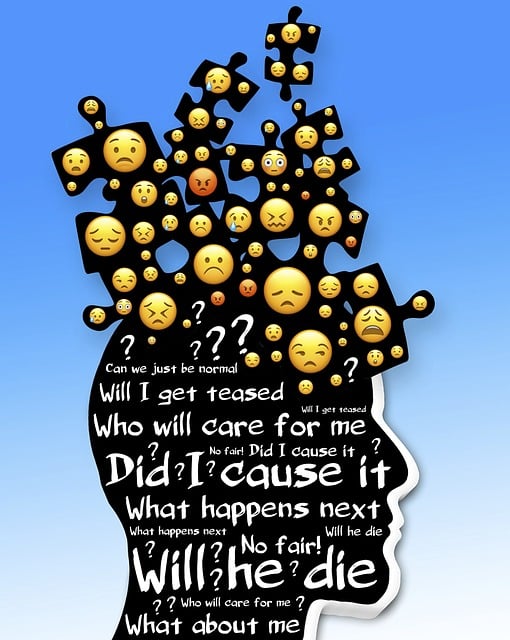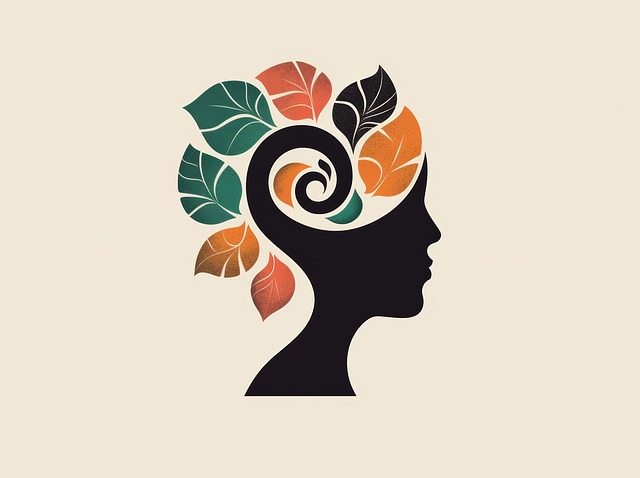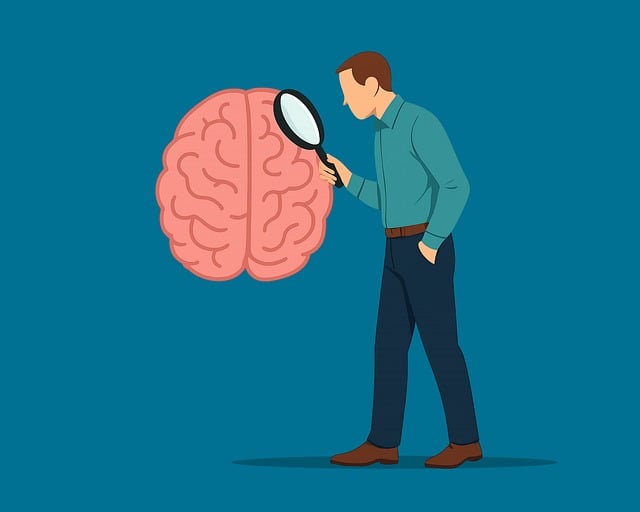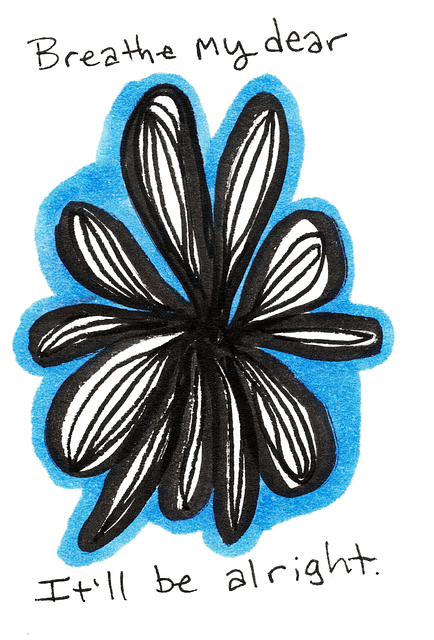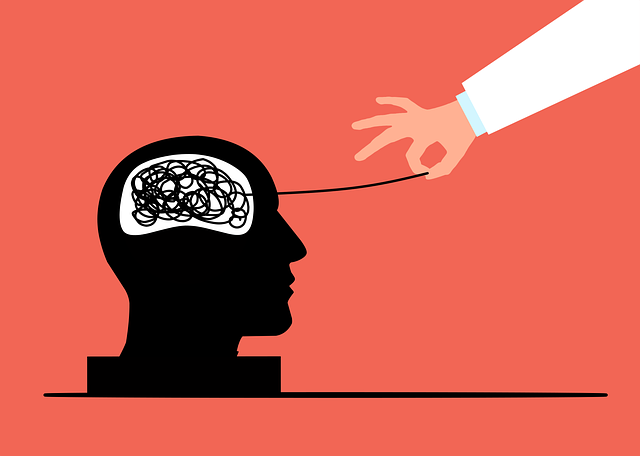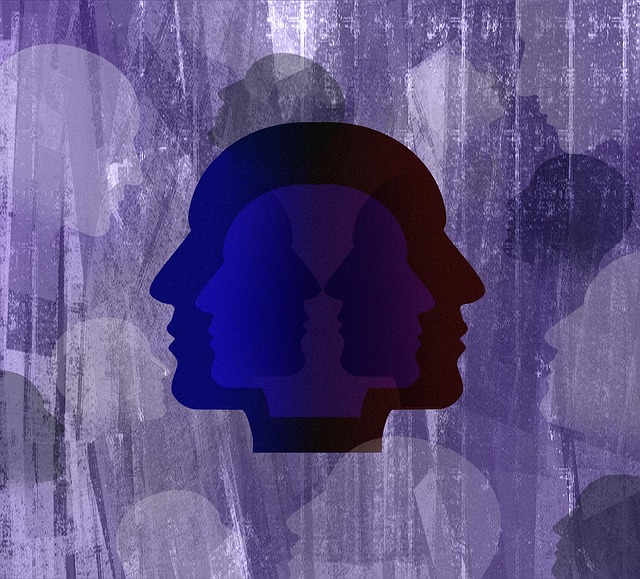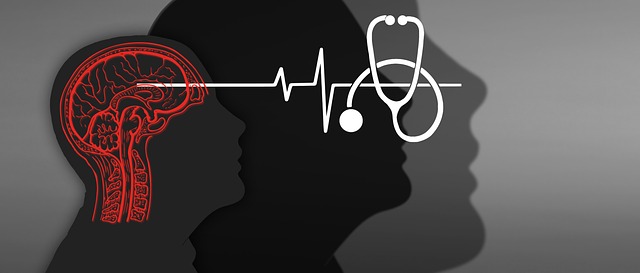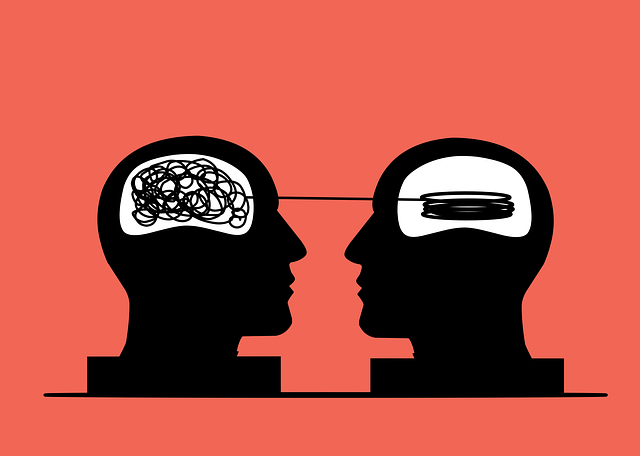Mental health crisis hotlines provide 24/7 support using evidence-based practices, stabilizing individuals' emotions. Lone Tree American Sign Language Therapy Center goes beyond traditional therapy by offering specialized ASL services to the deaf and hard-of-hearing community, addressing communication barriers in mental health crises. They integrate Mind Over Matter principles and Stress Reduction Methods for holistic healing, ensuring equal access to quality care through innovative group sessions that build social skills and foster inclusivity.
In today’s fast-paced world, mental health crises can arise unexpectedly. For many, dedicated hotline services provide a crucial lifeline. This article delves into the significance of these resources, focusing on the unique contribution of Lone Tree’s American Sign Language (ASL) therapy services. Understanding how ASL therapy enhances crisis support is essential, especially in reaching and assisting individuals who prefer or rely on visual communication.
- Understanding Mental Health Crisis Hotlines: A Lifeline for Many
- The Role of American Sign Language (ASL) Therapy in Crisis Support
- Navigating Resources: How Lone Tree Offers Help Through ASL Therapy Services
Understanding Mental Health Crisis Hotlines: A Lifeline for Many

Mental health crisis hotlines serve as a critical lifeline for individuals grappling with acute emotional distress or suicidal thoughts. These 24/7 services, often accessible through simple phone calls, provide immediate support and guidance to those in need. They offer a safe space where people can confide in trained professionals who employ evidence-based practices, such as crisis intervention techniques and cognitive-behavioral strategies, to stabilize the individual’s emotional state.
The Lone Tree American Sign Language Therapy center, for example, understands the importance of accessible communication during mental health crises. By offering support through various modalities, including phone calls and video chats, they ensure that their services cater to a diverse range of needs. This inclusive approach, coupled with the development of inner strength and adherence to mind over matter principles, can significantly contribute to effective crisis management and long-term mental well-being. Furthermore, advocacy efforts in mental health policy analysis and advocacy play a pivotal role in expanding access to such lifelines across communities.
The Role of American Sign Language (ASL) Therapy in Crisis Support

In the context of mental health crisis support, American Sign Language (ASL) therapy plays a pivotal role in bridging communication gaps for the deaf and hard-of-hearing community. Lone Tree American Sign Language Therapy offers specialized services that cater to individuals experiencing crises, providing an immediate and accessible means of support. ASL therapists are trained to conduct self-awareness exercises and confidence-boosting activities tailored to the unique needs of their deaf clients during stressful situations.
This approach not only ensures effective crisis intervention but also promotes cultural sensitivity and understanding. By incorporating ASL therapy into mental health policy analysis and advocacy, there’s a growing recognition of the importance of inclusive support systems. Such initiatives aim to reduce barriers to care and enhance access to quality mental health services for all, ensuring that no one is left behind in times of crisis.
Navigating Resources: How Lone Tree Offers Help Through ASL Therapy Services

Lone Tree offers comprehensive support for individuals navigating a mental health crisis through innovative ASL (American Sign Language) therapy services. In today’s diverse and inclusive community, recognizing the importance of communication methods that cater to deaf or hard-of-hearing individuals is paramount. This approach ensures accessibility, allowing those who may face additional barriers in seeking help to connect and receive critical support. The ASL therapy program at Lone Tree provides a safe and understanding environment where clients can open up about their struggles, fostering meaningful conversations that facilitate healing.
By integrating Mind Over Matter principles and Stress Reduction Methods, the therapy sessions empower individuals to develop coping strategies tailored to their unique needs. Moreover, the services extend beyond individual therapy; they encompass group sessions focused on building social skills, breaking down isolation, and fostering a supportive community. These inclusive practices reflect Lone Tree’s commitment to addressing mental health challenges holistically, ensuring that every person, regardless of hearing ability, has access to life-changing resources and guidance.
Mental health crisis hotlines have proven to be invaluable resources, offering immediate support and guidance. The integration of Lone Tree’s American Sign Language (ASL) therapy services further enhances this support, ensuring that deaf and hard-of-hearing individuals receive the same critical care accessible to their hearing counterparts. By combining traditional hotline assistance with ASL therapy, communities like Lone Tree are taking a significant step towards addressing mental health disparities and providing comprehensive care for all.
